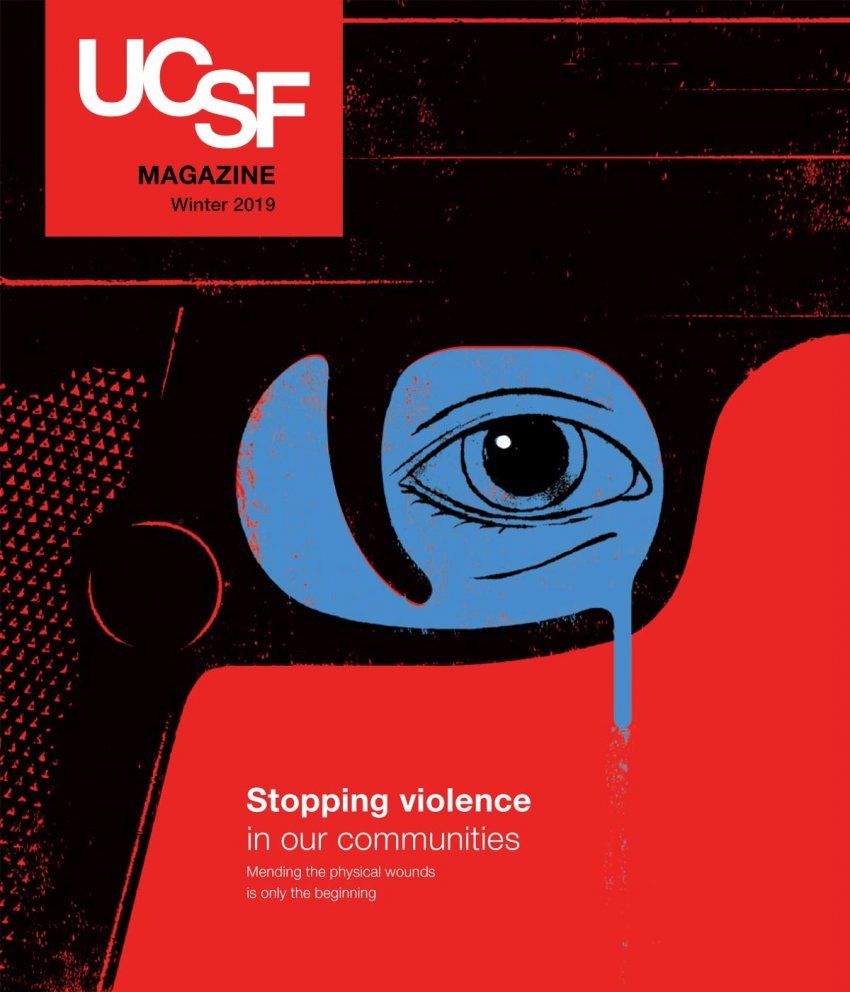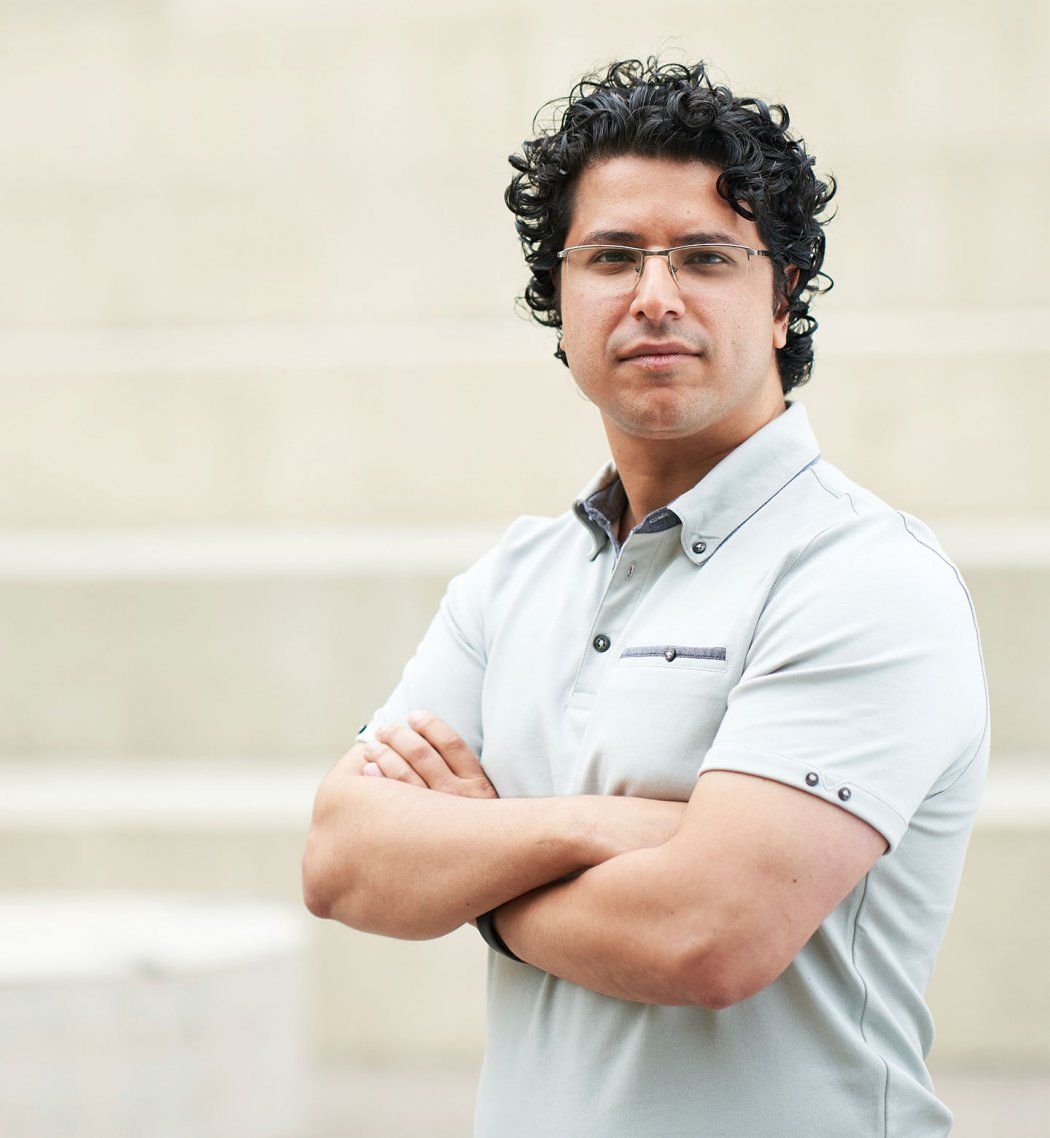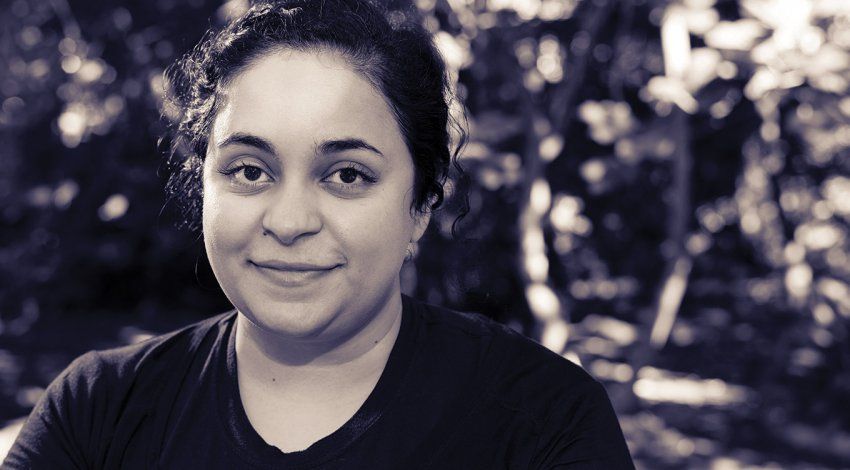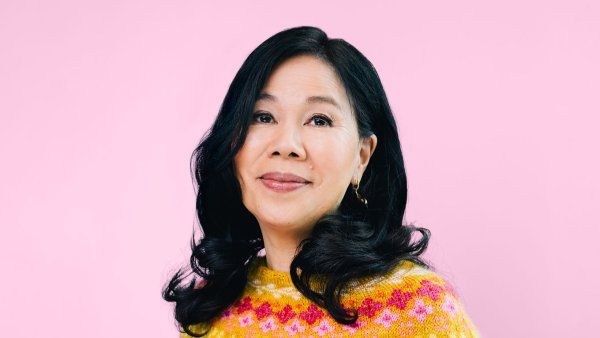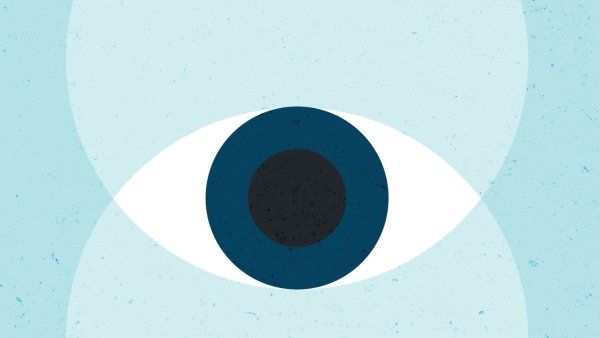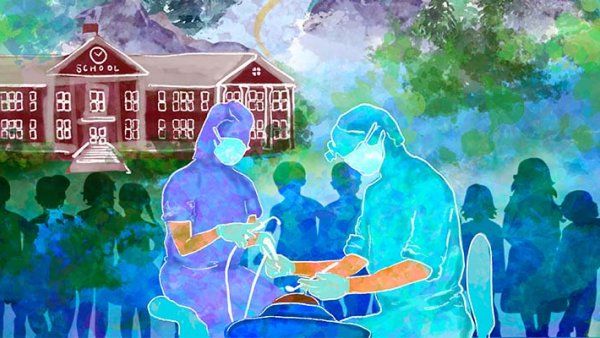
In a closely watched 5-4 decision, the U.S. Supreme Court recently sided with President Donald Trump and allowed the third version of his executive order on immigration, referred to as the travel ban, to go into effect.
Thousands of students from countries affected by the travel ban – people who already had limited access to parents, relatives, and longtime friends – have since been thrown into further uncertainty and isolation. Moreover, the reimposition of sanctions on Iran is obstructing the ability of Iranian students to get financial support from their parents. In coming months and years, students affected by this ban on travel from five Muslim-majority countries, plus North Korea and Venezuela, will need immense support from their home countries to stay sane and carry on.
I know because not long ago, I was one of those students. I came to the United States in 2006 to enter the molecular biology graduate program at Princeton. At that time, the National Security Entry-Exit Registration System, known as the Muslim registry, was in effect. After months of administrative processing, I was issued a single-entry visa valid for three months, because I am Iranian. This meant that while I could legally stay in the U.S. during my studies, I needed to reapply for a new visa – a process that could take months – every time I left the country. In practice, going back home was not an option since, like most STEM students, I was tied to my bench. I didn’t see my parents again until six years later, after I became a permanent resident. I am an only child, so I believe this was harder on my parents than it was on me, as I was surrounded by close friends and was engaged in meaningful research to combat cancer.
The same administrative processing hurdles limited my parents’ ability to travel to the U.S. to visit me – even before the institution of the travel ban. Now, even occasional visits are impossible. The de facto consequence of this policy is years of forced isolation for thousands of students and scholars.
When I was 20 years old, I felt invincible. I was ready to make sacrifices without fully understanding the depth of their consequences. I saw friends decide to go to schools in countries other than the U.S. so they could visit their families back home more often. But from my perspective, they were weak; they were not committed enough. Back then, a graduate degree from a top-notch school felt to me as if it was worth the six years of separation.
But it did not take me long to realize that I had grossly underestimated how much I depended on the emotional support of my family and childhood friends. With every birthday celebrated without them, with every wedding I missed, with every death in the family, I felt more and more isolated. I now lead a cancer research lab at one of the foremost institutions in the world, surrounded by some of the world’s brightest minds, many of them longtime heroes. I have achieved the goals set by my younger self many times over. But even now, I catch myself wondering, in passing moments, if it’s all worth it.
My goal is to put in perspective the challenges that many among us are facing because of this ruling. Numerous students, postdocs, and faculty will be under increasing pressure in the coming months to take stock of how this policy will impact their lives and careers. Some may even choose to forgo their current positions in the U.S. and seek opportunities elsewhere.
My optimism stems from the truly heartwarming support I’ve received from my colleagues and the broader UCSF community.”
I do not yet see a clear path ahead. Nevertheless, I am confident that together we can find effective, albeit perhaps limited, solutions that cushion the blow for those affected by this ban. My optimism stems from the truly heartwarming support I’ve received from my colleagues and the broader UCSF community. I hope that by sharing my story at a time like this, I can put a spotlight on the thousands of students who have left their homes to come to this country in pursuit of a higher calling. This is not my story alone. This is the story of many thousands of students from high-risk countries who have left their homes to seek a better education, a better life, and an opportunity to better serve humanity. In our capacity as educators, it is on us to step up and protect those who need it most.
Hani Goodarzi, PhD, is an assistant professor of biochemistry and biophysics and of urology and a member of the Helen Diller Family Comprehensive Cancer Center at UCSF.
